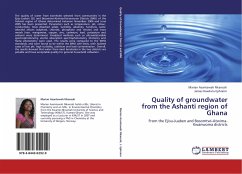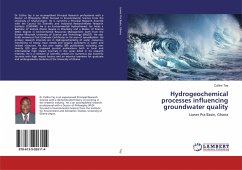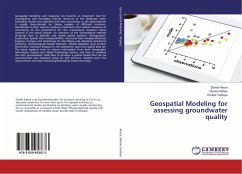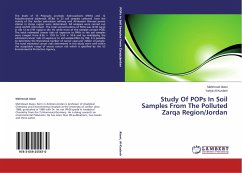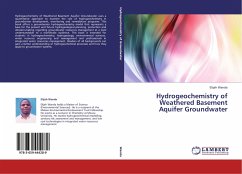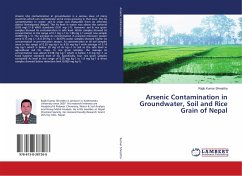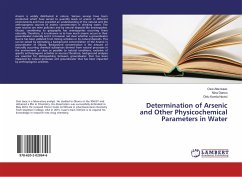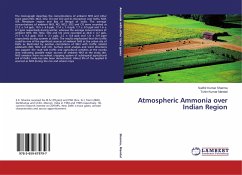The quality of water from boreholes selected from communities in the Ejisu-Juaben (EJ) and Bosomtwi-Atwima-Kwanwoma Districts (BAK) of the Ashanti region of Ghana determined between November 2004 and June 2005 has been presented. Parameters such as temperature, pH, colour, conductivity, total dissolved solids, turbidity, alkalinity, hardness, some selected anions (sulphate, chloride, phosphate and nitrate) and trace metals (iron, manganese, copper, zinc, cadmium, lead, potassium and sodium) were determined. Analytical methods such as ultraviolet/visible spectrophotometry, atomic absorption spectrophotometry, titrimetry and flame photometry were used. The results were compared to the WHO standards, and were found to be within the WHO safe limits, with isolated cases of low pH, high turbidity, cadmium and lead contamination. Overall, the results showed that water from most boreholes in the two districts are potable and have acceptable quality for general household utilisation.
Bitte wählen Sie Ihr Anliegen aus.
Rechnungen
Retourenschein anfordern
Bestellstatus
Storno

